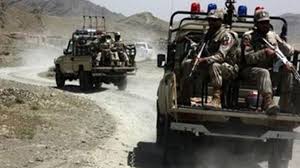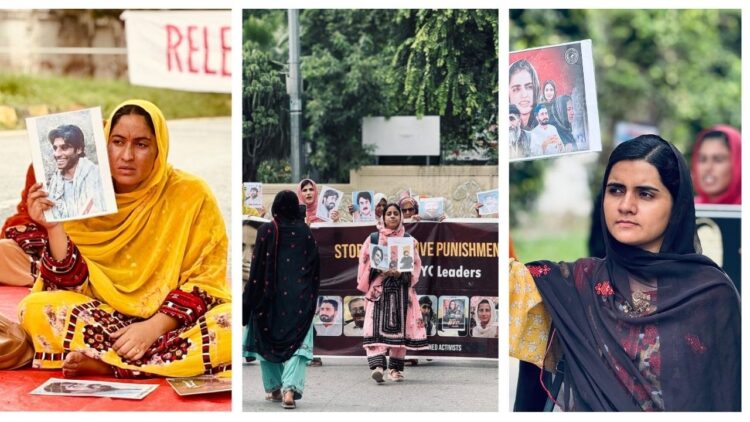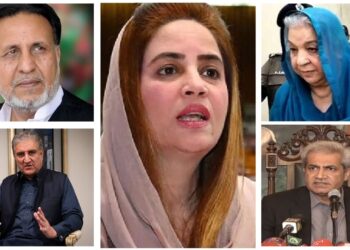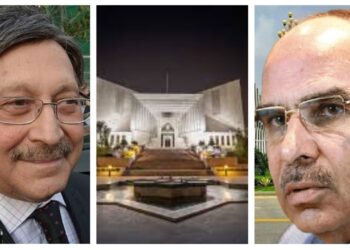ISLAMABAD; For the past 26 days, members of the Baloch Yekjehti Committee (BYC) and their supporters have maintained a peaceful sit-in outside the Islamabad Press Club — without damaging property, breaking glass, or clashing with police. Their demands, they say, are both “simple and constitutional”: the immediate release of BYC leaders and an end to the practice of enforced disappearances, which activists claim has sharply increased since March this year.
The detained BYC leaders were initially arrested under the Maintenance of Public Order law (3MPO) for more than three months. Even after that period, they now face unspecified charges. Protesters allege that police have repeatedly sought their remand, with judges approving the requests without scrutiny — a process they describe as turning the judiciary from “a guardian of justice into a tool of oppression.”
Enforced disappearances have long been a flashpoint in Pakistan’s human rights debate, particularly in Balochistan, where families accuse security agencies of abducting activists, students, and political workers without due process. Successive governments have denied any state policy of disappearances, but commissions set up to trace missing persons have made little headway, with many cases lingering unresolved for years.
The situation on the ground remains tense. Authorities have blocked access roads to the Press Club, restricted protesters from setting up tents or shelters despite the intense summer heat, and reportedly maintained constant surveillance and harassment. Human rights observers say elderly women and children remain on the roadside in these harsh conditions.
Protest organisers say their biggest frustration is the “complete absence” of official engagement. “Twenty-six days have passed, and no government representative has even spoken to us,” one protest leader said. “Yet, the state accuses Baloch activists of refusing dialogue.” They contrast this with what they describe as a double standard: violent protest movements elsewhere in Pakistan, they claim, often receive swift negotiations — and in some cases, even financial incentives to disperse — while peaceful Baloch demonstrators are met with silence, intimidation, and police harassment.
The Human Rights Commission of Pakistan (HRCP) recently issued a fact-finding report warning of a “crisis of trust” in Balochistan, citing enforced disappearances, shrinking civic space, erosion of provincial autonomy, and lack of judicial safeguards. It also raised alarm over the Anti-Terrorism (Balochistan Amendment) Act, 2025, which allows prolonged detentions of up to 90 days without adequate judicial oversight.
Human rights groups, including Amnesty International, have repeatedly urged Pakistan to end enforced disappearances and ensure fair trials. But the issue remains politically sensitive, touching on the country’s security policies, centre–province relations, and the deep mistrust between the Baloch people and the state — a mistrust that protesters say is only deepening with each day of official indifference.























